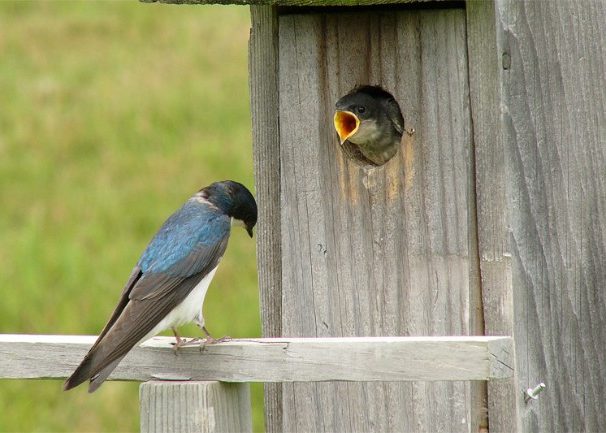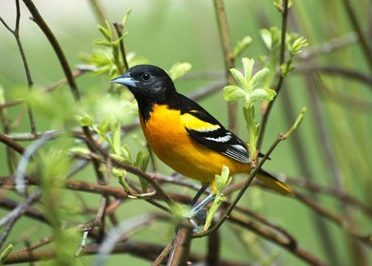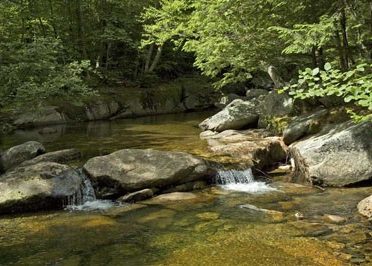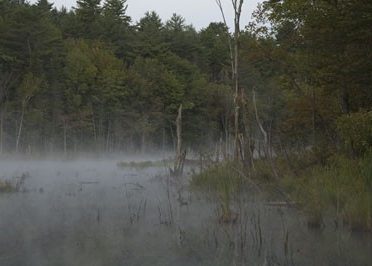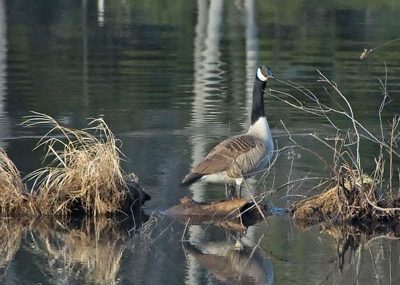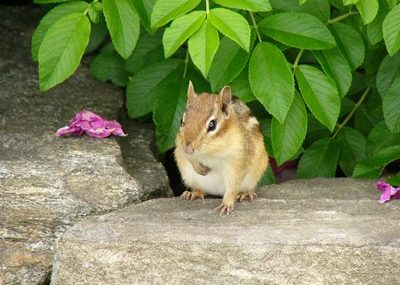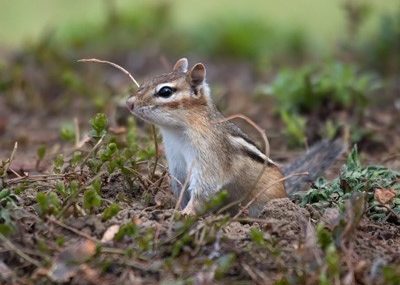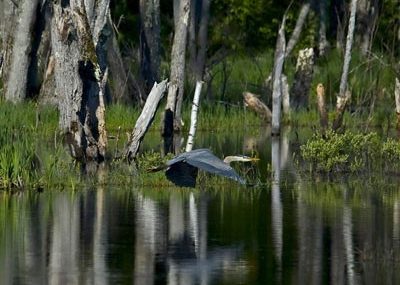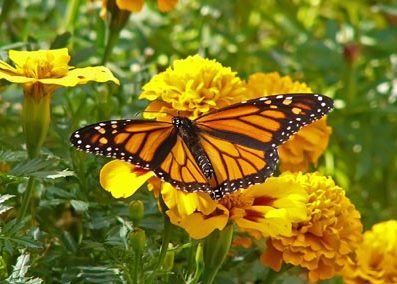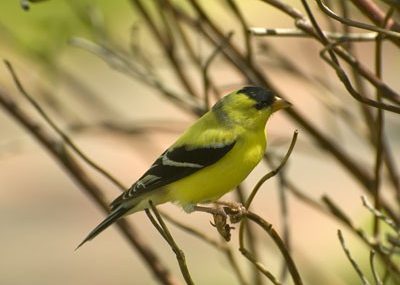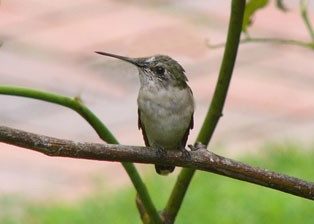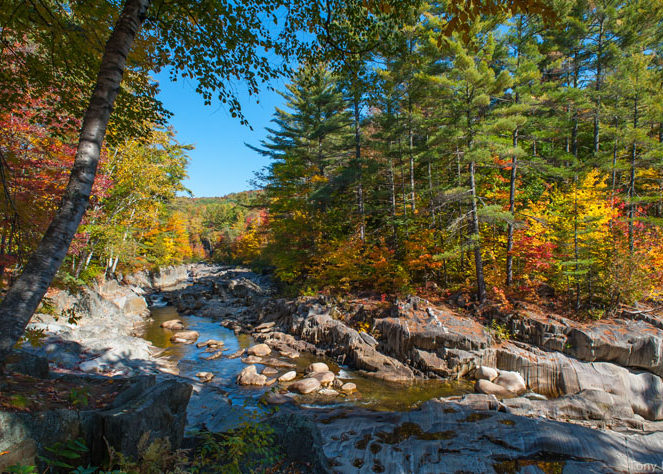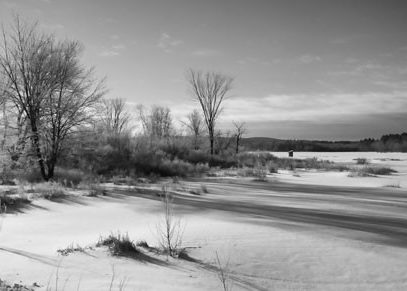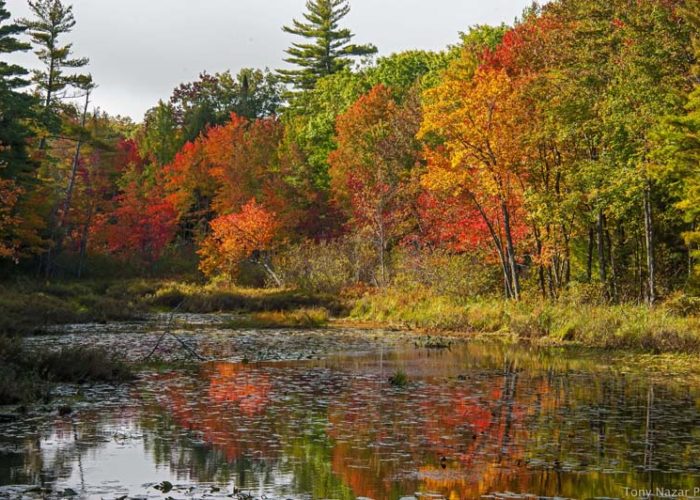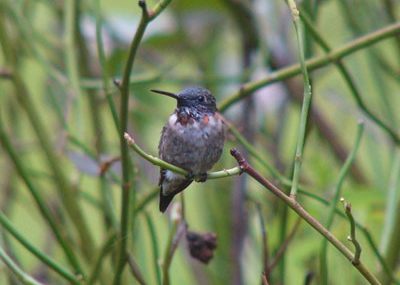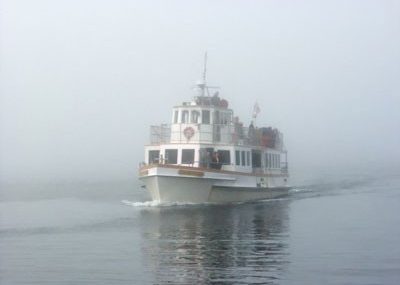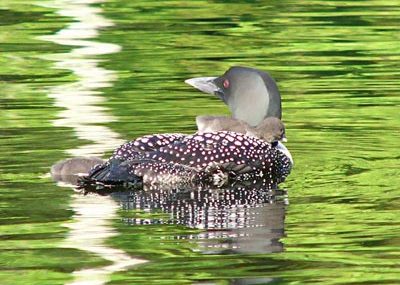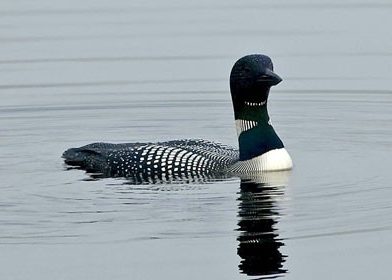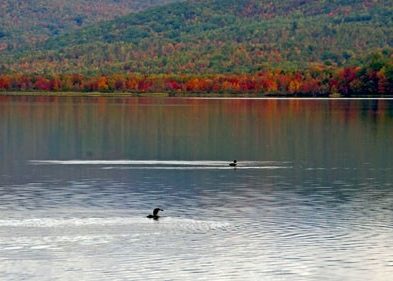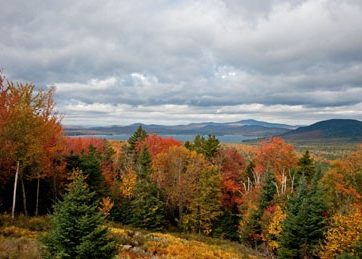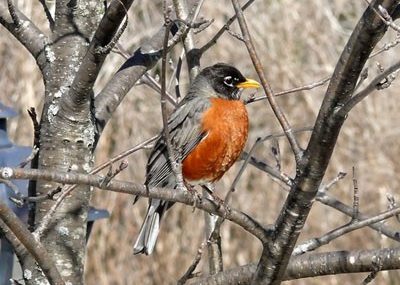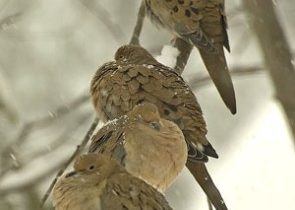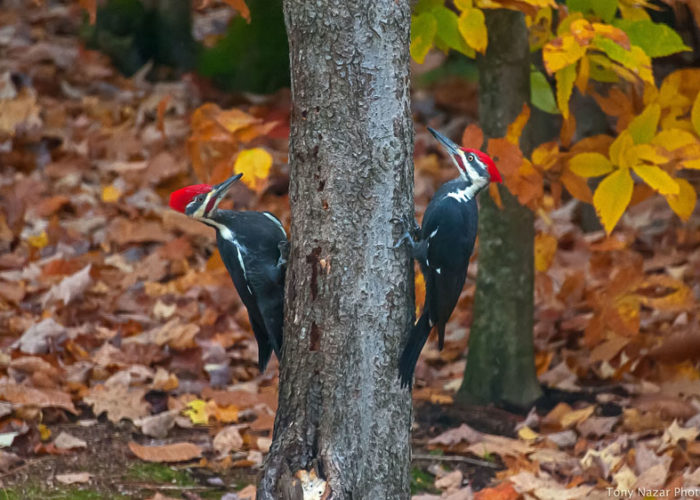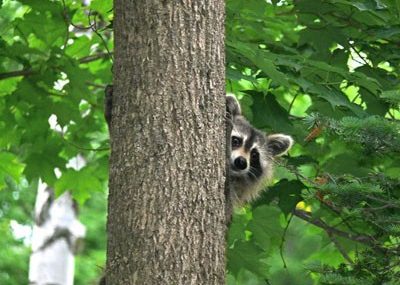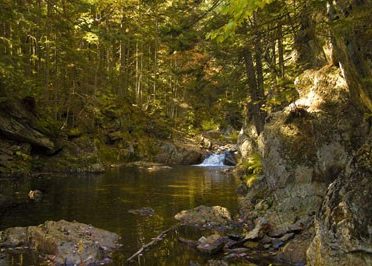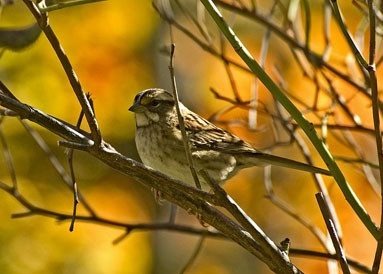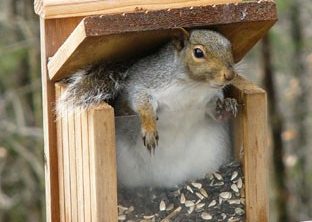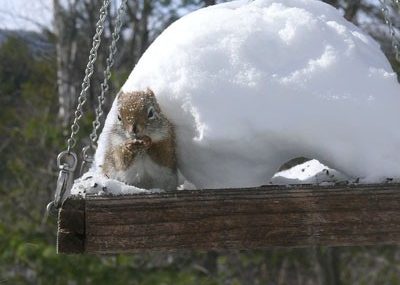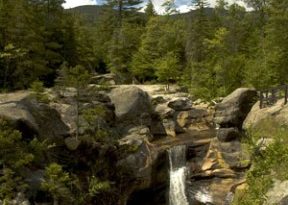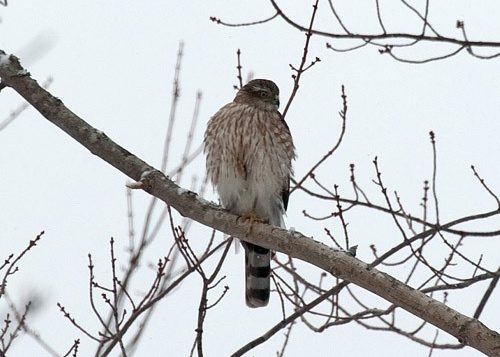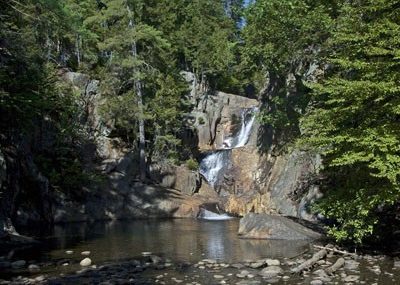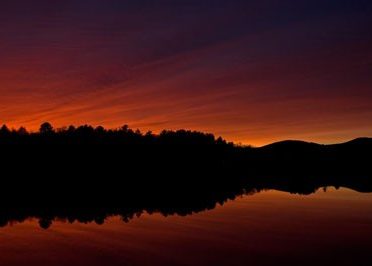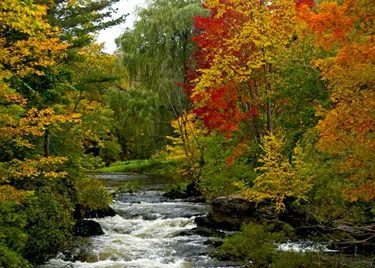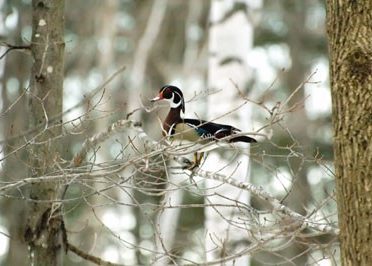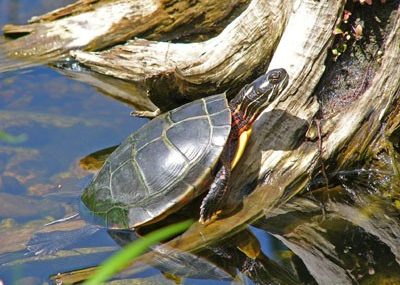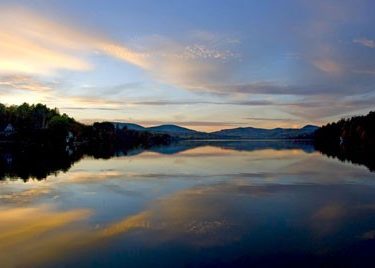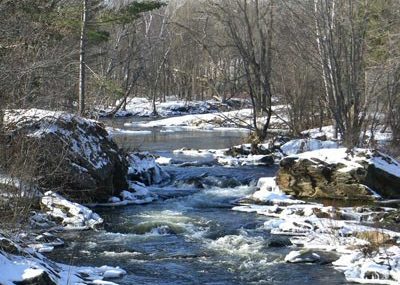We had the opportunity to sit down with Tony Nazar, an NRCM member from Wilton, Maine, to talk about his passion for photography and Maine’s environment shortly after we started our My Maine This Week feature in 2007. Read the full interview below.
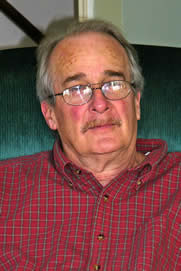
Tony Nazar of Wilton, Maine.
When did you take your first photo? Do you remember what model your first camera was?
My first camera was a Kodak Brownie, what else, and my first photos were probably of my cat, Buck. I still have a few prints of those. Another early photo I remember was of a tree without leaves. It must have been fall because I was lying on the ground looking up at it.
What got you interested in nature photography?
The beauty of the resulting images. That, and sometimes I like four legged creatures better than two legged ones. I enjoy doing landscapes, seascapes, cityscapes and photos of all sorts of critters that share our Earth. About the only thing I don’t care for is portrait photography. It’s too formulaic for me. I shoot off hand as much as possible because things change rapidly in nature. Spending twenty minutes setting up for a bird photo is usually, though not always, wasted time. Using very fast shutter speeds and lens stabilization make a tripod unnecessary except in very low lighting. I’m sure purists will argue with that.
How do you capture such beautiful wildlife shots? Any “secrets” you want to share with those of us who strive to take those kinds of photos?
Patience, knowledge, and patience. Most animals will only pose for a second or two if that long. If they aren’t spooked by the photographer, they are more interested in food or cover or another creature. That’s where knowledge of animal behavior comes in. Birds use trees and shrubs as staging areas for feeding. There’s a big old rose bush in my yard. I put a pole feeder near it and the chickadees, goldfinches and redpolls sit in the tangle of rose bush branches for while they eat or waiting to go to the feeder. Only occasionally will a bird linger on an outside branch. That is where more patience comes in again. I’ve missed more good photos than I’ve taken, but there’s always another coming and I try to be ready for it.
Equipment does make a difference. Bird and small animal photography is very difficult with cameras where the photographer focuses and frames using an electronic viewfinder. Most of them have a lag built in so your subject is in the next county before it shows up on the EVF. I prefer a camera with an optical viewfinder. My “go to” camera is a Nikon DSLR.
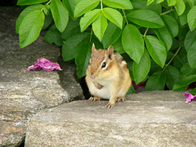 What are some of your favorite Maine locations to photograph?
What are some of your favorite Maine locations to photograph?
Other than the unnamed beaver pond in Wilton behind the Public Safety Building, Wilson Lake and my own yard, I guess my favorite places have to include Small’s Falls, Coos Canyon, Grafton Notch and any coastal location from Casco Bay to Bar Harbor. I’m sure folks in Wells or Cutler will be upset with me, but I’ve never photographed in those locations. Every turn in every road reveals a new subject, so my favorite list changes frequently.
Is there somewhere in Maine that you haven’t visited but have always wanted to photograph?
Gulf Hagas. I will probably never get to do that location because I recognize my physical limitations. More realistically, someday I will photograph the coast east of Bar Harbor.
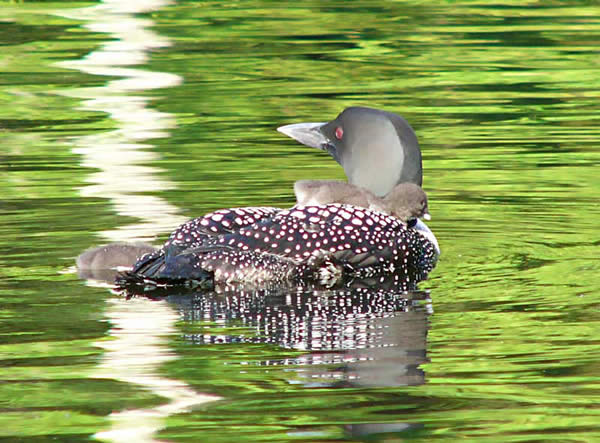 You are a member of NRCM’s Partners in Maine’s Future program – what made you decide to make that kind of commitment to our work?
You are a member of NRCM’s Partners in Maine’s Future program – what made you decide to make that kind of commitment to our work?
I grew up a few miles from Rte 128 in Greater Boston. When I was younger, my hometown, Wellesley Hills, had woods and ponds and all sorts of wildlife. Today, they’re gone, replaced by malls, McMansions and other human amenities. NRCM is committed to preserving Maine while allowing reasonable development. I believe that man and his environment can coexist.
Are there specific areas of NRCM’s work with which you feel most closely connected?
Right now it is most important to stand up and say “no” to Governor LePage’s attempts to hand the state over to developers. I think NRCM does that better than national groups which will be too easily dismissed as out of state interests.
What do you feel are some of the most important issues of concern related to Maine’s environment today?
To preserve and protect the way Maine should be. There is a push to exploit the Maine environment coming from people who – ironically – call themselves conservatives. They seek short term financial gain at the expense of the balance that makes life possible. We have an economy that requires jobs to make it work, but paving a vernal pool or providing a place for New Jersey to dump toxic waste has costs that don’t seem to matter to some.
I hope some of my photographs will help people see what it is that needs to be preserved.







